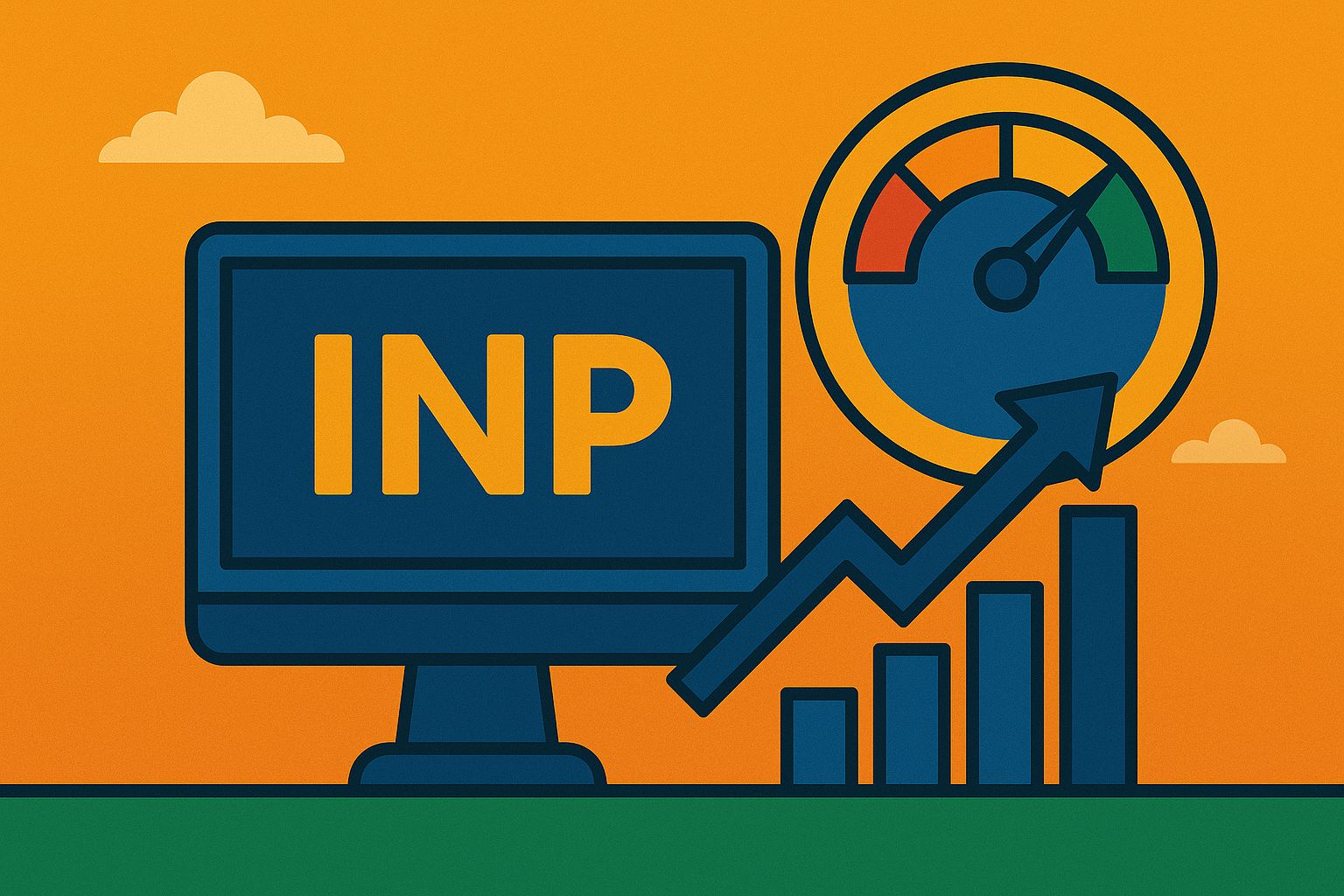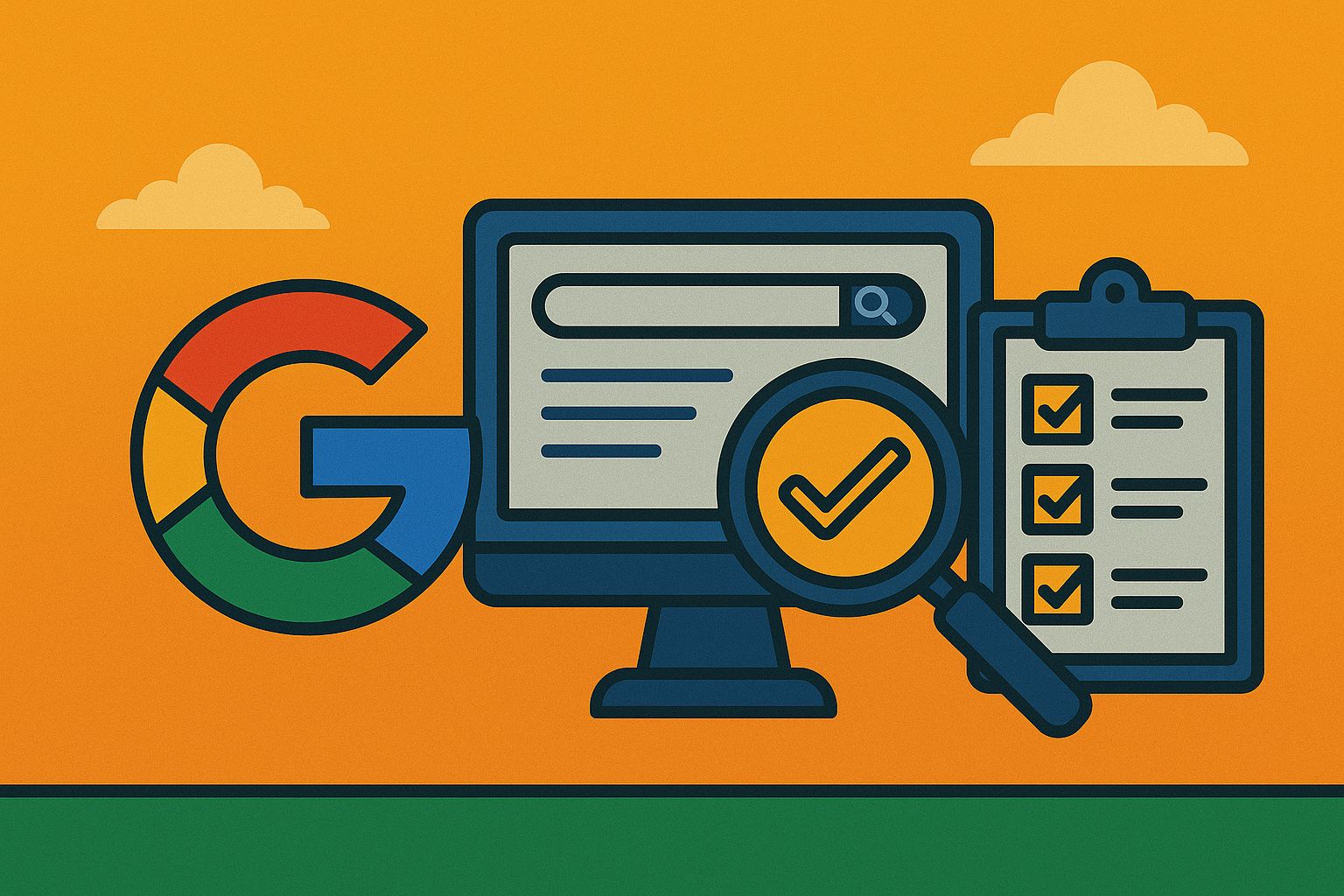The world of B2B (Business-to-Business) marketing has undergone a significant transformation over the past few decades. With the rapid advancement of technology, the digital era has reshaped how businesses interact, engage, and sell to one another. This shift is not just about moving marketing activities online; it’s about fundamentally rethinking how businesses approach their relationships with other businesses. In this comprehensive insight, we will explore the evolution of B2B marketing and how companies must adapt to thrive in the digital transformation era.
The Traditional B2B Marketing Landscape
Before diving into the digital transformation, it’s essential to understand the traditional B2B marketing landscape. Historically, B2B marketing was characterized by:
- Relationship-Driven Sales: Personal relationships between businesses played a central role. Sales were often conducted through face-to-face meetings, trade shows, and conferences, where trust and long-term partnerships were cultivated.
- Outbound Marketing: B2B marketing strategies relied heavily on outbound tactics such as cold calling, direct mail, and print advertising. The focus was on reaching out to potential customers and convincing them to consider a product or service.
- Limited Targeting and Segmentation: Traditional B2B marketing had limited tools for precise targeting. Marketers often had to rely on broad categories and generalized messaging, resulting in lower efficiency and higher costs.
- Long Sales Cycles: The sales process in B2B marketing was typically long and involved multiple decision-makers. It required extensive nurturing and follow-ups, with a heavy emphasis on building trust over time.
While these strategies were effective for many years, the advent of digital technology began to challenge and reshape the B2B marketing landscape.
The Impact of Digital Transformation on B2B Marketing
Digital transformation refers to the integration of digital technology into all areas of business, fundamentally changing how companies operate and deliver value to customers. In the context of B2B marketing, digital transformation has introduced several key changes:
1. The Rise of Inbound Marketing:
One of the most significant shifts brought about by digital transformation is the rise of inbound marketing. Unlike traditional outbound marketing, inbound marketing focuses on attracting customers through relevant and valuable content. This approach aligns with the changing behavior of B2B buyers, who increasingly prefer to research and evaluate products and services online before engaging with sales representatives.
Content Marketing: Inbound marketing relies heavily on content marketing. B2B companies now create blogs, whitepapers, case studies, webinars, and videos to educate and inform their target audience. This content not only helps in building brand authority but also drives organic traffic and generates leads.
Search Engine Optimization (SEO): SEO has become a critical component of B2B marketing. By optimizing their content for search engines, companies can ensure that their content ranks higher in search results, making it easier for potential customers to find them.
Social Media: Social media platforms have also become essential for B2B marketing. LinkedIn, in particular, has emerged as a powerful tool for reaching and engaging with decision-makers. Companies use social media to share content, participate in discussions, and build their brand presence.
2. Data-Driven Decision Making:
Digital transformation has empowered B2B marketers with access to vast amounts of data. This data-driven approach has revolutionized how companies make marketing decisions and measure their success.
Customer Insights: B2B companies can now gather detailed insights into their target audience’s behavior, preferences, and pain points. This data allows for more precise targeting and personalization of marketing efforts.
Analytics and Metrics: Advanced analytics tools enable B2B marketers to track the performance of their campaigns in real-time. Metrics such as website traffic, conversion rates, and customer engagement provide valuable feedback for optimizing marketing strategies.
Predictive Analytics: Predictive analytics uses historical data and machine learning algorithms to forecast future trends and customer behavior. B2B marketers can use these insights to anticipate customer needs and tailor their marketing efforts accordingly.
3. The Shift to Account-Based Marketing (ABM):
Account-Based Marketing (ABM) is a strategic approach that focuses on targeting specific high-value accounts rather than broad segments. This approach has gained popularity in the digital era because it allows B2B companies to deliver personalized and highly relevant content to key decision-makers within target accounts.
Personalization: ABM relies on deep personalization. B2B marketers create customized content and messaging for each target account, addressing their unique challenges and needs. This personalized approach helps in building stronger relationships and increasing the likelihood of conversion.
Collaboration Between Sales and Marketing: ABM requires close collaboration between sales and marketing teams. Both departments work together to identify target accounts, develop tailored strategies, and nurture relationships with key stakeholders.
Technology Integration: ABM is powered by technology. Tools such as CRM (Customer Relationship Management) systems, marketing automation platforms, and account intelligence tools help B2B marketers execute and scale their ABM strategies.
4. The Role of Artificial Intelligence (AI) and Automation:
Artificial Intelligence (AI) and automation have become integral to B2B marketing in the digital transformation era. These technologies enhance efficiency, improve decision-making, and enable personalized marketing at scale.
AI-Powered Insights: AI algorithms can analyze vast amounts of data to identify patterns and trends. B2B marketers use AI to gain deeper insights into customer behavior, predict future outcomes, and optimize marketing strategies.
Marketing Automation: Automation tools streamline repetitive marketing tasks such as email campaigns, lead nurturing, and social media posting. This automation allows B2B marketers to focus on higher-level strategy and creative work.
Chatbots and Virtual Assistants: AI-powered chatbots and virtual assistants provide real-time customer support and engagement. These tools can handle routine inquiries, qualify leads, and guide potential customers through the sales funnel.
Challenges and Opportunities in B2B Marketing Today
While digital transformation has brought about many positive changes in B2B marketing, it has also introduced new challenges and opportunities that companies must navigate.
1. Increased Competition
Challenge: The digital transformation has democratized access to marketing tools and platforms, lowering the barriers to entry for new businesses. This has led to a surge in competition across virtually all industries. In the B2B space, companies now face the challenge of distinguishing themselves in a crowded market. Smaller, agile companies can now compete with established players, offering innovative solutions that meet specific niche demands.
Opportunity: While increased competition can be daunting, it also presents opportunities for differentiation. B2B companies can leverage their unique value propositions to stand out. By focusing on what sets them apart—whether it’s superior customer service, innovative products, or deep industry expertise—companies can carve out a distinct space in the market. Additionally, the ability to target specific customer segments more precisely allows companies to focus their efforts on the most profitable niches, rather than trying to appeal to the entire market.
2. Evolving Buyer Expectations
Challenge: Today’s B2B buyers have higher expectations than ever before. Influenced by their experiences as consumers in the B2C space, they now demand more personalized, seamless, and responsive interactions. Buyers expect businesses to understand their needs, provide relevant information at each stage of the buyer’s journey, and offer a smooth, user-friendly digital experience. This shift in expectations puts pressure on B2B companies to deliver a level of service that matches or exceeds these demands.
Opportunity: The evolving expectations of buyers offer an opportunity for B2B companies to differentiate themselves through superior customer experience. By investing in customer relationship management (CRM) systems, companies can gain a better understanding of their customers and tailor their interactions accordingly. Personalization technologies, such as AI-driven content recommendations and dynamic email campaigns, allow B2B marketers to deliver more relevant and timely messages to their audience. Furthermore, enhancing digital touchpoints—such as websites, mobile apps, and customer portals—can create a more engaging and satisfying experience for B2B buyers, leading to increased loyalty and repeat business.
3. Data Privacy and Security
Challenge: As B2B marketing becomes more data-driven, concerns about data privacy and security have intensified. Regulations such as the General Data Protection Regulation (GDPR) in Europe, the California Consumer Privacy Act (CCPA), and other global data protection laws impose strict requirements on how companies collect, store, and use customer data. Non-compliance can result in hefty fines, legal repercussions, and damage to a company’s reputation. Additionally, B2B customers are becoming more aware of their privacy rights, demanding greater transparency and control over their data.
Opportunity: Adhering to data privacy and security standards can be a competitive advantage for B2B companies. By implementing robust data protection measures and being transparent about data usage, companies can build trust with their customers. This trust can be a key differentiator in markets where customers are increasingly concerned about their privacy. Additionally, companies that excel in data governance are better positioned to leverage data analytics for personalized marketing, without crossing the line into invasive or unethical practices.
4. The Need for Continuous Learning and Adaptation
Challenge: The pace of technological change in the digital era is relentless. New marketing tools, platforms, and strategies emerge regularly, requiring B2B marketers to stay informed and adapt quickly. Failure to keep up with these changes can result in outdated marketing practices, missed opportunities, and a competitive disadvantage. Moreover, the skills required in B2B marketing are constantly evolving, with greater emphasis on data analytics, digital literacy, and strategic thinking.
Opportunity: Continuous learning and adaptation are not just necessary; they present an opportunity for growth and innovation. B2B marketers who embrace lifelong learning can stay ahead of trends and be early adopters of new technologies, giving their companies a competitive edge. Companies can foster a culture of innovation by encouraging their marketing teams to experiment with new approaches, test different strategies, and learn from the results. Additionally, investing in employee training and development ensures that marketing teams are equipped with the latest skills and knowledge, enabling them to execute more effective campaigns and drive better business outcomes.
5. Integration of Marketing and Sales
Challenge: Traditionally, marketing and sales have operated as separate functions within B2B organizations, often leading to misalignment, inefficiencies, and missed opportunities. The disconnect between these two departments can result in inconsistent messaging, poor lead management, and a lack of shared goals. In the digital transformation era, where customer journeys are increasingly complex and multi-channel, this misalignment can be particularly detrimental.
Opportunity: The digital era offers B2B companies the opportunity to integrate marketing and sales more closely than ever before. Through the use of CRM systems and marketing automation platforms, companies can create a seamless flow of information between marketing and sales teams. This integration ensures that both departments are working towards the same objectives, using the same data, and delivering a consistent message to potential customers. Account-Based Marketing (ABM) is an example of a strategy that requires tight alignment between marketing and sales, and when done correctly, it can lead to more effective targeting, higher conversion rates, and stronger customer relationships.
6. Content Overload and Differentiation
Challenge: With the explosion of digital content, B2B buyers are inundated with information from multiple sources. This content overload makes it challenging for companies to capture and retain the attention of their target audience. Additionally, with so many businesses producing similar types of content, standing out from the crowd has become increasingly difficult. Generic content that fails to address specific buyer needs or challenges is likely to be ignored.
Opportunity: Despite the challenges of content overload, there is a significant opportunity for B2B companies to differentiate themselves through high-quality, targeted content. By focusing on thought leadership, providing actionable insights, and addressing the unique pain points of their audience, B2B marketers can create content that resonates and drives engagement. Interactive content, such as webinars, podcasts, and virtual events, can also help to cut through the noise by offering more engaging and immersive experiences. Furthermore, leveraging content personalization and segmentation strategies allows companies to deliver the right message to the right audience at the right time, increasing the relevance and impact of their content.
7. The Complexity of Multi-Channel Marketing
Challenge: In the digital age, B2B buyers interact with brands across multiple channels, including websites, social media, email, and in-person events. Managing these diverse touchpoints and ensuring a cohesive customer experience across all channels is a significant challenge. B2B companies must also navigate the complexities of attribution, as it can be difficult to determine which channels and tactics are driving the most value.
Opportunity: The complexity of multi-channel marketing also presents opportunities for B2B companies to reach their audience in more meaningful and impactful ways. By adopting an omnichannel approach, B2B marketers can create a unified customer experience that seamlessly integrates online and offline interactions. Advanced analytics and marketing attribution models can help companies better understand the customer journey, identify the most effective touchpoints, and allocate resources more efficiently. Additionally, the ability to engage with customers across multiple channels allows B2B companies to build deeper relationships and stay top-of-mind throughout the buyer’s journey.
The Future of B2B Marketing in the Digital Transformation Era
As the digital landscape continues to evolve, B2B marketing is poised for significant transformation. The future of B2B marketing will be characterized by deeper personalization, innovative technologies, and a more integrated approach to meeting the needs of business customers. Here are the key trends that will define the future of B2B marketing:
1. Hyper-Personalization and Data-Driven Insights:
Personalization has been a growing trend in B2B marketing, but the future will take this to the next level with hyper-personalization. This involves using advanced data analytics and AI to create highly tailored experiences for individual businesses or even specific decision-makers within those businesses.
- Real-Time Personalization: As businesses collect more data about their clients, the ability to deliver real-time, personalized content and recommendations will become a critical differentiator. For example, a B2B company might use AI to analyze a prospect’s interaction history and offer a tailored solution package during a live chat, significantly increasing conversion rates.
- Predictive Personalization: Predictive analytics will enable B2B marketers to anticipate customer needs before they arise. By analyzing past behavior, industry trends, and market conditions, businesses can proactively offer solutions that meet future needs, thereby building stronger relationships and increasing customer loyalty.
- Personalized Content Experiences: Content will be dynamically adjusted based on who is viewing it. For instance, two decision-makers from different companies visiting the same webpage might see entirely different content tailored to their specific industries, roles, or company sizes. This level of personalization requires sophisticated content management systems integrated with AI-driven data analytics.
2. The Integration of Virtual and Augmented Reality:
Virtual Reality (VR) and Augmented Reality (AR) are not just buzzwords; they are set to revolutionize the B2B marketing space. These technologies offer immersive experiences that can transform how businesses demonstrate products and services to potential clients.
- Virtual Product Demos: In industries where products are complex or expensive, VR can provide virtual product demonstrations. Potential clients can explore a product in a 3D environment, understanding its features and benefits without the need for physical presence. This is particularly useful in sectors like manufacturing, aerospace, or large-scale construction.
- Augmented Reality for Sales Teams: AR can equip sales teams with interactive tools that overlay digital information on the physical world. For instance, an AR app could allow a sales representative to show a client how a piece of machinery would fit into their existing setup, providing a visual representation that enhances understanding and speeds up the decision-making process.
- Virtual Trade Shows and Conferences: As physical events have been impacted by global disruptions, VR and AR are poised to play a significant role in the future of trade shows and conferences. B2B companies can host virtual events where attendees can interact with products, network with others, and attend presentations, all within an immersive virtual environment.
3. The Continued Rise and Evolution of Account-Based Marketing (ABM):
Account-Based Marketing (ABM) will continue to be a cornerstone of B2B marketing strategies, but its methods and technologies will evolve.
- Enhanced Collaboration Between Sales and Marketing: The future of ABM will see even closer integration between sales and marketing teams. This collaboration will be facilitated by shared data platforms where both teams can access real-time insights about target accounts. This ensures that marketing campaigns are perfectly aligned with sales efforts, leading to more effective account penetration and higher conversion rates.
- Multi-Channel ABM Strategies: ABM will move beyond email and direct mail to encompass a broader range of channels, including social media, content syndication, and programmatic advertising. This multi-channel approach will ensure that target accounts receive consistent, personalized messaging across all touchpoints.
- Scalable ABM with AI: One of the challenges of traditional ABM is its scalability. However, with AI and automation, B2B companies will be able to scale their ABM efforts to reach more accounts without losing the personalized touch. AI can help in segmenting accounts, creating personalized content, and automating outreach, making ABM more efficient and effective.
4. The Importance of Sustainability and Corporate Responsibility:
Sustainability and corporate responsibility are no longer optional for B2B companies; they are becoming essential components of a successful business strategy.
- Sustainability as a Differentiator: As environmental concerns grow, businesses are increasingly choosing partners who demonstrate a commitment to sustainability. B2B companies that can prove their products, services, and operations are environmentally friendly will have a competitive edge. This might involve adopting green technologies, reducing carbon footprints, or sourcing sustainable materials.
- Transparent and Ethical Marketing: Corporate responsibility extends beyond environmental issues. B2B companies will need to ensure that their marketing practices are transparent and ethical. This includes being clear about data usage, providing truthful product information, and maintaining high standards of customer service. Transparency in these areas will build trust and strengthen brand reputation.
- Impact on Procurement Processes: As sustainability becomes a priority, procurement processes in B2B relationships will evolve. Companies will increasingly factor in the environmental and social impact of their suppliers when making purchasing decisions. This shift will require B2B marketers to emphasize their sustainability credentials in marketing materials and communications.
5. The Growth of Influencer Marketing in B2B:
Influencer marketing, traditionally associated with B2C, is making its way into the B2B space, offering a new way to build credibility and reach targeted audiences.
- Industry Thought Leaders: B2B companies will increasingly collaborate with industry thought leaders and experts who can influence decision-makers. These influencers, who are respected for their expertise and insights, can help validate a company’s offerings and amplify its message to a broader audience.
- Niche Influencers: The future of B2B influencer marketing will also see the rise of niche influencers—professionals who may not have massive followings but have deep influence within specific industries or sectors. Partnering with these influencers can provide targeted access to key decision-makers and build trust more effectively.
- Employee Advocacy as Influencer Strategy: Another trend in B2B influencer marketing will be leveraging employees as brand advocates. Companies will encourage their employees to share content, insights, and experiences on social media, positioning them as micro-influencers who can authentically promote the company’s values and offerings.
6. The Convergence of AI, Big Data, and IoT:
The convergence of AI, Big Data, and the Internet of Things (IoT) will create new opportunities for B2B marketing, particularly in creating more intelligent and automated systems.
- Predictive Analytics and Customer Journey Mapping: AI combined with Big Data will enable B2B companies to map out entire customer journeys with predictive analytics. By understanding the likely paths that prospects will take, companies can design more efficient and effective marketing strategies that anticipate customer needs at every stage.
- IoT-Driven Insights: IoT devices will generate vast amounts of data that can be used to gain insights into how products are used in real-time. B2B companies can leverage this data to offer proactive solutions, suggest upgrades, or even predict maintenance needs, thereby enhancing customer satisfaction and loyalty.
- AI-Powered Customer Engagement: The integration of AI with IoT will enable more dynamic and responsive customer engagement. For example, AI-powered systems can automatically adjust marketing content and offers based on real-time data from IoT devices, ensuring that communications are always relevant and timely.
Conclusion
The evolution of B2B marketing in the digital transformation era presents both challenges and opportunities. To succeed, B2B companies must embrace digital technologies, adopt data-driven strategies, and prioritize customer experience. By staying agile and continuously learning, B2B marketers can navigate the complexities of the digital landscape and drive meaningful business results.




